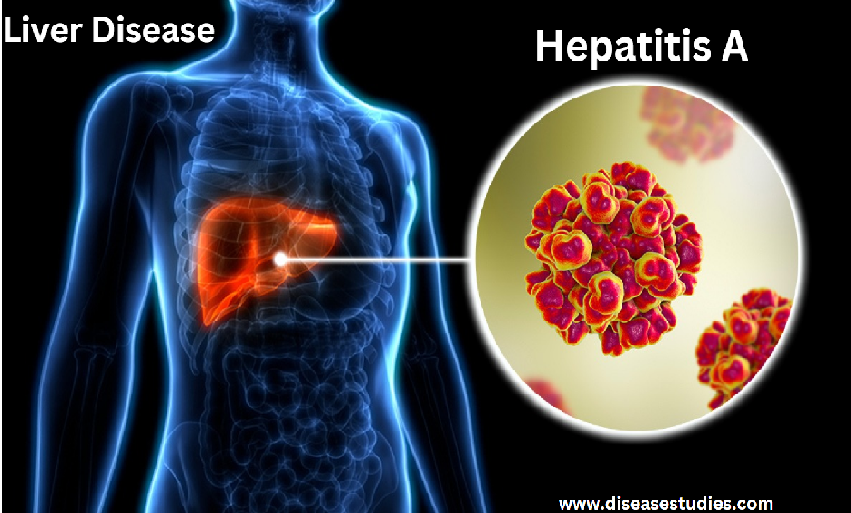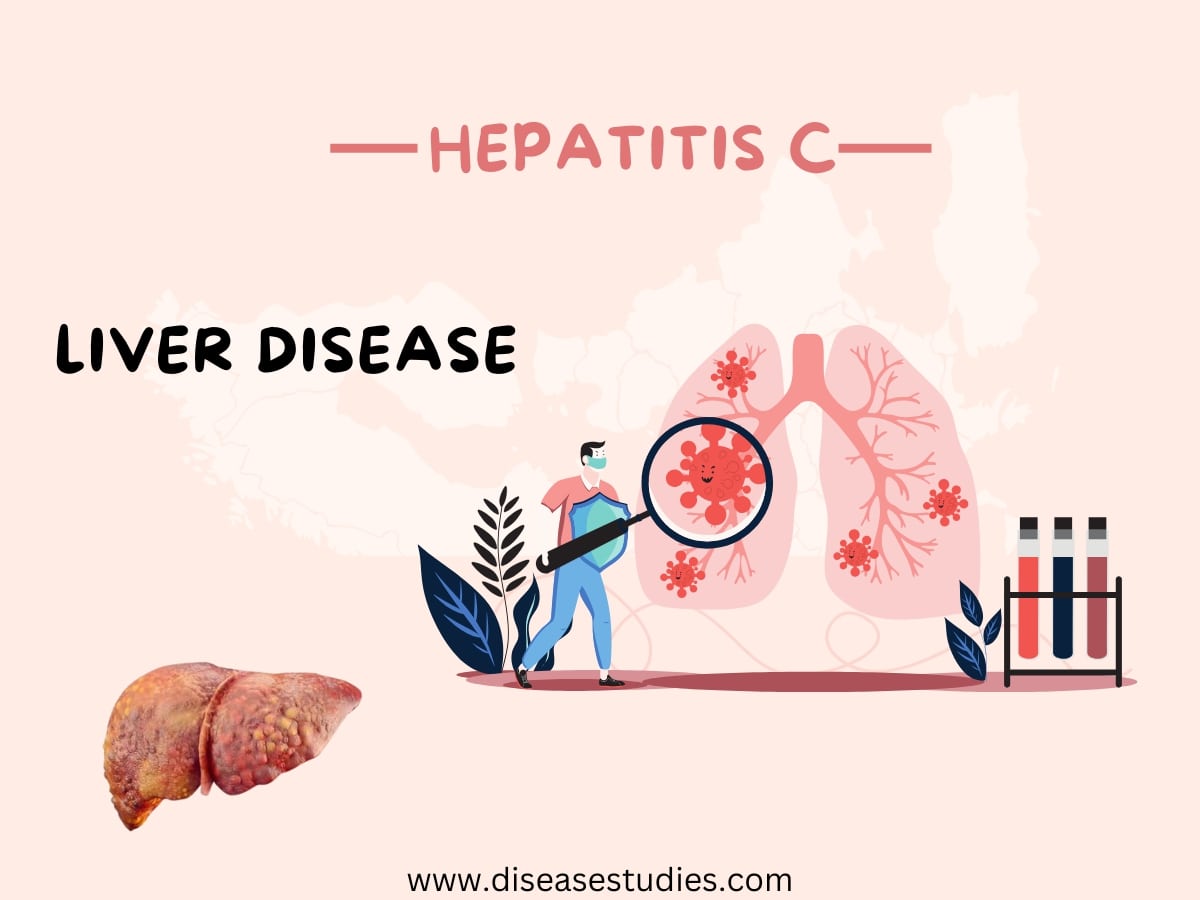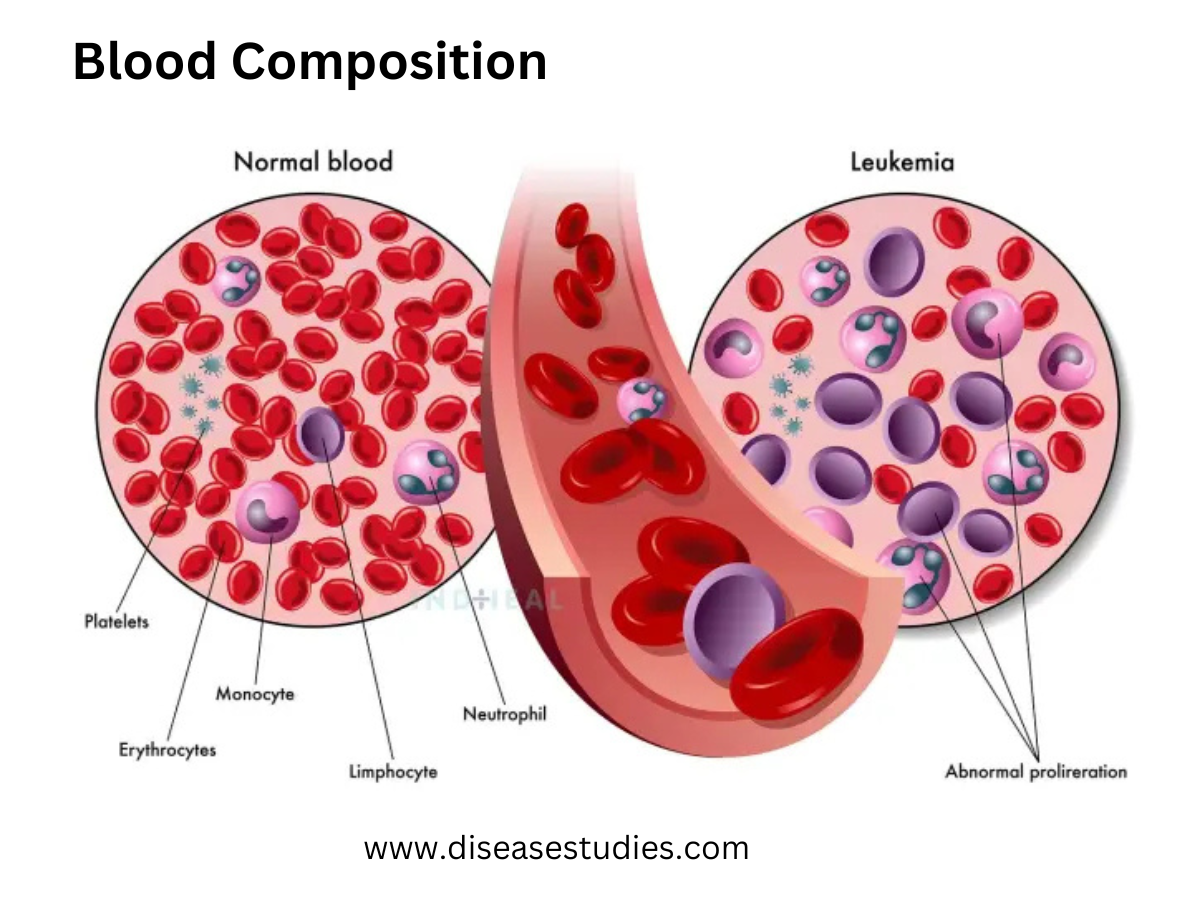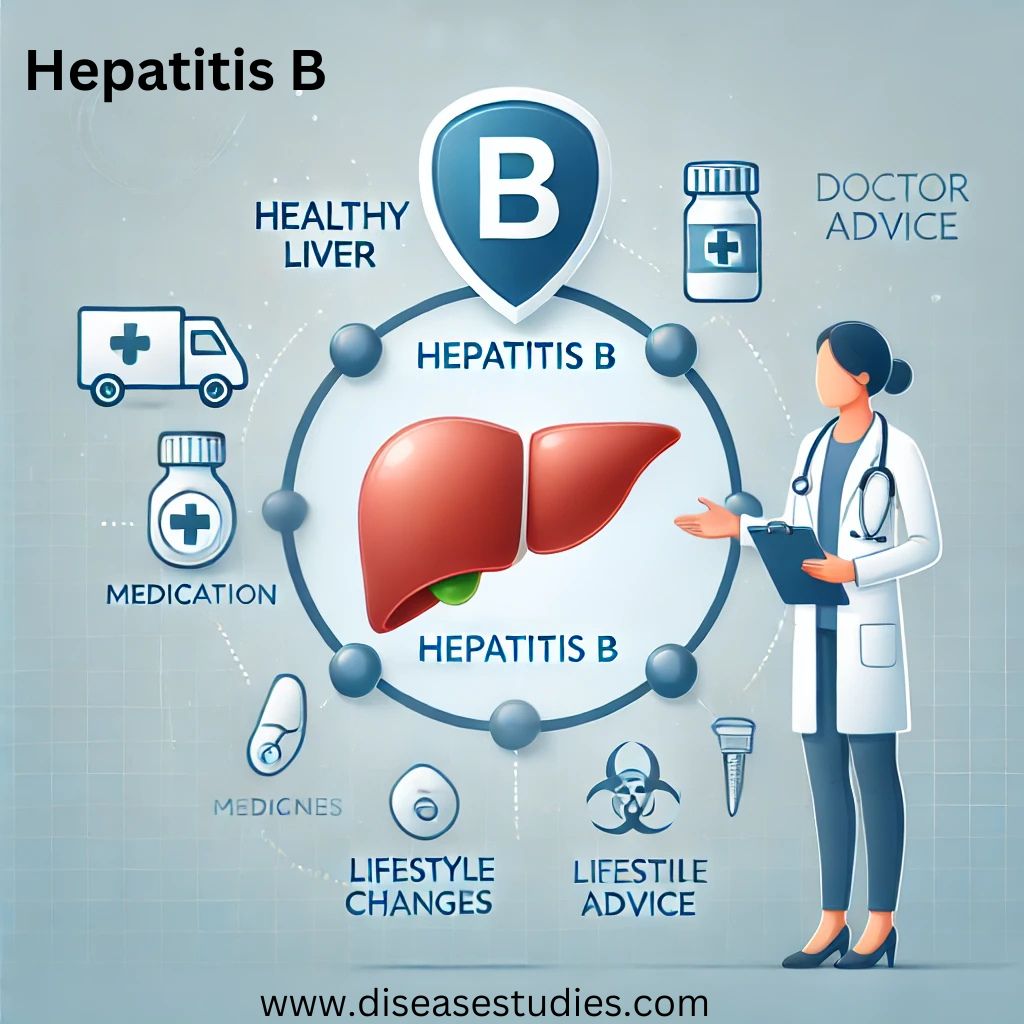
Understanding Hepatitis A:
What You Need to Know Hepatitis A is a liver infection caused by the hepatitis A virus (HAV). While the term “hepatitis” might sound intimidating, hepatitis A is different from other types like hepatitis B and C. It’s often less severe and doesn’t lead to long-term liver problems. However, understanding how it spreads, its symptoms, and how to prevent it is crucial to staying healthy.
This article will cover the essentials of hepatitis A in simple terms, so you can protect yourself and your loved ones.
What is Hepatitis A?
Hepatitis A is an infection that affects the liver. Your liver is a vital organ that performs many functions, such as filtering toxins, storing energy, and producing bile to help digest fats. When infected with the hepatitis A virus, the liver becomes inflamed, which can lead to discomfort and illness.
The good news is that hepatitis A usually doesn’t cause permanent damage to the liver, and most people recover completely within weeks or months. It’s also preventable with a vaccine and good hygiene practices.
How Does Hepatitis A Spread?
Hepatitis A spreads through the fecal-oral route, which means the virus enters your body through your mouth after coming into contact with contaminated feces. While this may sound unpleasant, there are common ways this can happen:
Contaminated Food or Water: Eating food or drinking water handled by someone who hasn’t washed their hands properly can spread the virus.
Close Contact: Being in close contact with an infected person, such as sharing utensils or living in the same household, increases the risk.
Travel: Traveling to areas with poor sanitation and hygiene practices can expose you to contaminated food and water.
It’s important to note that hepatitis A is not spread through casual contact, such as hugging or sneezing, and it doesn’t linger in the air.
Who is at Risk?
While anyone can get hepatitis A, certain groups are more at risk:
People who travel to or live in countries with high rates of hepatitis A.
Individuals in close contact with someone infected.
People who use drugs (injectable or non-injectable).
Workers handling food or sewage.
Children, especially under the age of six, are less likely to show symptoms but can still spread the virus to others.
Symptoms of Hepatitis A
Symptoms can range from mild to severe, and some people (especially young children) may not have symptoms at all. If they do appear, they typically start 2-6 weeks after exposure.
Common symptoms include:
Fatigue
Nausea and vomiting
Abdominal pain, especially near the liver (right side of the stomach)
Loss of appetite
Fever
Dark-colored urine
Pale stools
Jaundice (yellowing of the skin and eyes)
Most symptoms last for a few weeks, but in rare cases, they can linger for months. Severe cases, though uncommon, can lead to liver failure.
Diagnosing Hepatitis A
If you suspect you have hepatitis A, visit a healthcare provider. Diagnosis typically involves:
Blood Tests: A specific blood test can detect antibodies for hepatitis A, confirming the infection.
Physical Exam: Your doctor might check for tenderness in the liver area or signs of jaundice.
Early diagnosis helps manage symptoms and prevent spreading the virus to others.
Treatment and Recovery
There is no specific treatment for hepatitis A, as the body usually clears the virus on its own. Recovery focuses on supportive care:
Rest: Fatigue is common, so listen to your body and rest as needed.
Hydration: Drink plenty of fluids to prevent dehydration, especially if you’re experiencing nausea or vomiting.
Healthy Diet: Eat light, nutritious meals that are easy on the liver. Avoid alcohol, as it can worsen liver damage.
Medications: Over-the-counter pain relievers, such as acetaminophen, should be used cautiously and only under a doctor’s guidance.
Most people recover fully without lasting effects, but it’s important to follow your doctor’s advice during recovery.
Prevention: How to Protect Yourself
Preventing hepatitis A is easier than treating it. Here are the best ways to stay safe:
1. Get Vaccinated
The hepatitis A vaccine is safe, effective, and provides long-lasting protection. The vaccine is given in two doses, six months apart, and is recommended for:
All children at age one.
Travelers to countries with high rates of hepatitis A.
Food handlers and healthcare workers.
People at higher risk, such as those with chronic liver disease or drug users.
2. Practice Good Hygiene
Wash your hands thoroughly with soap and water after using the bathroom, changing diapers, and before handling food.
Avoid eating food or drinking water from questionable sources, especially when traveling.
3. Safe Food Practices
Cook food thoroughly, especially shellfish.
Avoid raw or undercooked seafood.
4. Be Cautious When Traveling
If you’re visiting areas with poor sanitation, stick to bottled water, avoid ice, and eat only cooked foods.
Hepatitis A in the U.S.
In the United States, hepatitis A cases have decreased significantly since the introduction of the vaccine. However, outbreaks still occur, often linked to contaminated food or imported cases from travelers.
Recent outbreaks have also affected people experiencing homelessness or those who use drugs. These situations highlight the importance of vaccination and public health efforts.
Myths and Facts About Hepatitis A
Let’s clear up some common misconceptions:
Myth: You can’t get hepatitis A if you’re healthy.
Fact: Anyone can get hepatitis A if exposed to the virus, regardless of their health.
Myth: You’re immune to hepatitis A if you’ve had it before.
Fact: This is true! Once you’ve had hepatitis A, your body builds immunity, so you can’t get it again.
Myth: Hepatitis A is the same as hepatitis B and C.
Fact: While all three affect the liver, hepatitis A doesn’t lead to chronic liver disease, unlike hepatitis B and C.
When to See a Doctor
Seek medical attention if you:
Experience symptoms of hepatitis A, such as jaundice or severe fatigue.
Have been in close contact with someone diagnosed with hepatitis A.
Early intervention can help manage symptoms and protect others from getting infected.
Conclusion
Hepatitis A may seem daunting, but with proper prevention, vaccination, and awareness, it’s a manageable and preventable illness. By practicing good hygiene, staying informed, and ensuring vaccination for you and your family, you can significantly reduce the risk of infection.
Remember, your liver plays a vital role in your health, so take steps to protect it from hepatitis A and other potential threats. If you’re ever in doubt or have concerns, don’t hesitate to consult your healthcare provider. Stay safe, stay healthy!








Very Nice Article